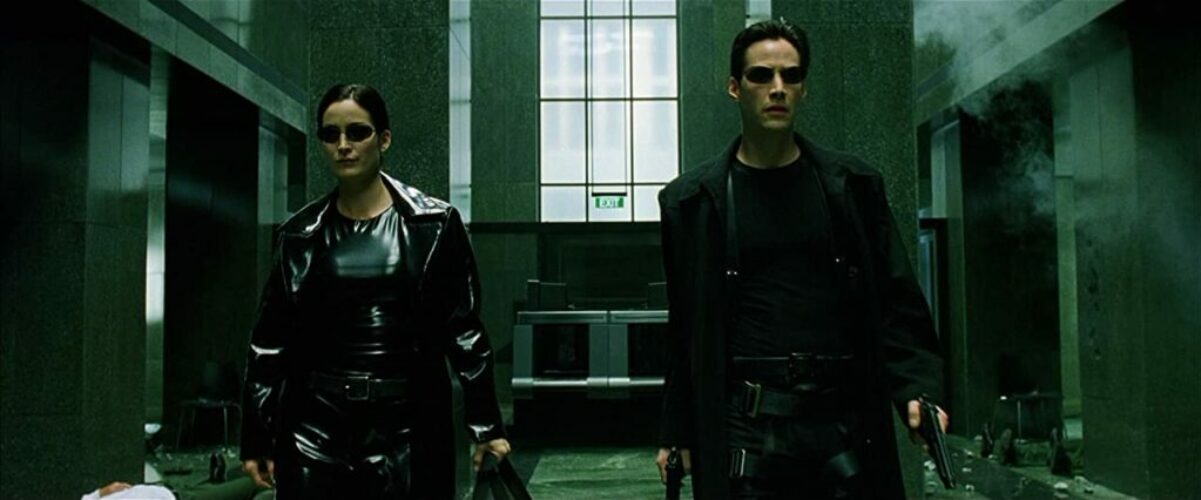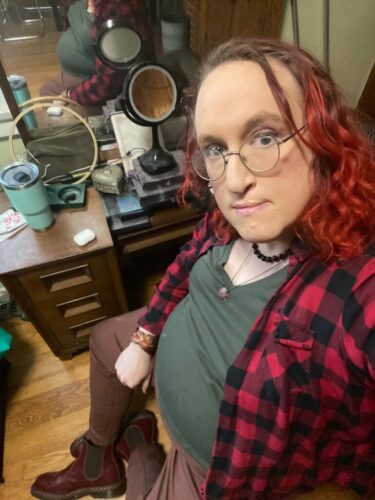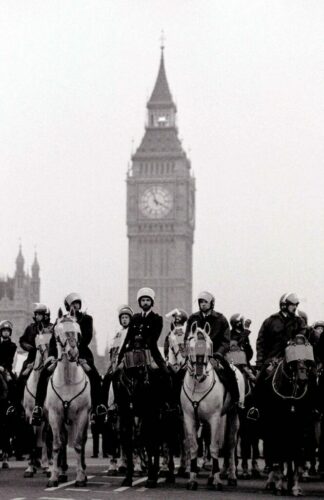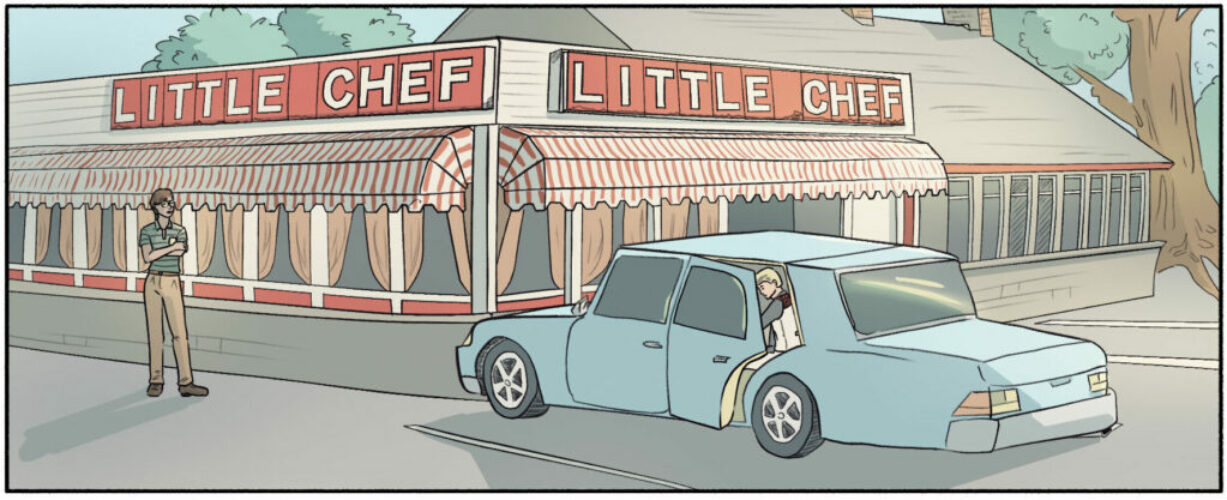By Understanding Her (Book Three, Part 59: V for Vendetta as Trans Cinema
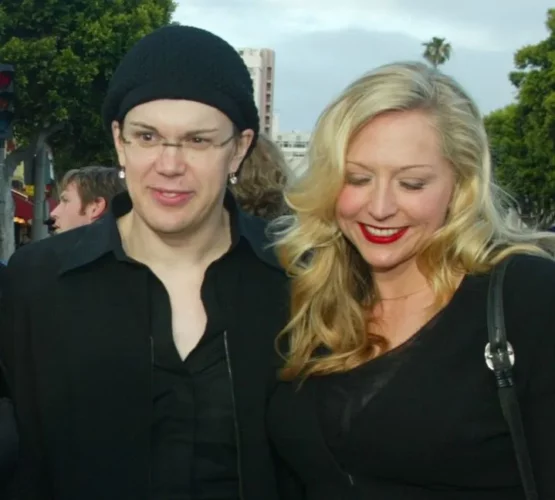
Previously in Last War in Albion: After a decade and change in development hell a film version of V for Vendetta was made in 2006, with a screenplay by the Wachowskis, fresh off the success of the Matrix trilogy. Moore, however, was aggrieved at producer Joel Silver’s false statements about his enthusiasm for the project, and went on the warpath.
The pang was hers, and my pang was mine, but I recognized they were a similar species. By understanding her, I felt seen. I saw myself.” -Kieron Gillen, “Colossus”
Moore even complained about the depiction of British culture, fixating on a scene in which Evey is being served breakfast, complaining that “They don’t know what British people have for breakfast, they couldn’t be bothered. ‘Eggy in a basket’ apparently. Now the US have ‘eggs in a basket,’ which is fried bread with a fried egg in a hole in the middle. I guess they thought we must eat that as well, and thought ‘eggy in a basket’ was a quaint and Olde Worlde version.”
There’s a clear sense that Moore made his mind up about the film after Silver’s comments and that anything and everything that followed was simply more proof of what he’d already decided. Certainly that’s the easiest explanation for his outrage over the clearly minor “eggy in a basket.” And it is true that the film greatly simplifies the moral complexity that Moore tried to paint—V is a straightforwardly cherished freedom fighter, described by Evey in a fawning voiceover at the beginning and end of the film, culminating in her declaration that “No one will ever forget that night and what it meant for this country, but I will never forget the man and what he meant for me,” a piece of dialogue that seems far worse than much of what Moore complained about.
Indeed, Evey is poorly served by the film in general, though the reasons why are largely ironic. The Wachowskis make the decision to give her much more agency—she’s hostile to the Norsefire regime from the start, and instead of starting as a desperate teenager who turns to sex work only to be busted by the cops she’s a career woman at the Mouth on her way to a date with a popular comedian. This is all very textbook screenwriting stuff—she’s the viewpoint character so, within orthodox theories of how movies are supposed to work, needs to be more than the meek little girl that Moore’s Evey begins as, and certainly not a prospective sex worker. The problem comes when it becomes time for her to leave V, a plot beat that is recast from being something V does to her to being of her own choosing after she attempts to betray V by warning Bishop Lilliman. From here her story proceeds similarly, with her hiding out with a man named Gordon (now the comedian she was going on a date with) and then being captured by V. This, however, significantly changes the subsequent tenor of her imprisonment and reading of the Valerie letter, and has the result of badly weakening her rooftop apotheosis when V reveals the deception.…



